Discuss Concrete or Timber floor systems Type 1 Suspended Floors Suspended timber floors are normally made up of timber joists suspended from bearing walls, which are then covered with either floor boards or high quality sheets of tongue and groove To a degree this type of floor can give more comfort when your intention is to carpet theSlab on ground is the preferred option on a flat site due to speed and economies A suspended timber floor on bearer's and joist's can sometime's be comparable cost wise on a flat site but is better suited if there's quite a bit to significant fall on the site Suspended slab may be the most expensive compared to the other'sA suspended floor is a ground floor with a void underneath the structure The floor can be formed in various ways, using timber joists, precast concrete panels, block and beam system or cast insitu with reinforced concrete
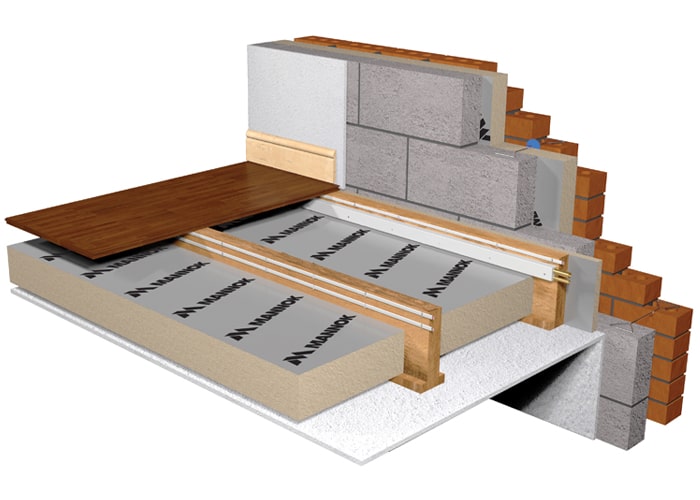
Floor Insulation Mannok
How to make a suspended concrete floor
How to make a suspended concrete floor- Compared with a timberjoisted floor, a concrete slab will exhibit less bounce, vibration, and noisetransmission through the floor when subjected to foot traffic – and if you've got young kids who jump around upstairs whilst you're trying to relax downstairs, then this is something you may wish to take into account! You need a fair bit of thickness for a new solid floor 150mm type 1, bit of sand blinding, DPM, 100 concrete slab, 70mm celetex (nb to building regs requirement so could be more), 70mm screed = 290mm reduced dig measured from underside of floor finish Mind you suspended is probably 50mm slab, 150mm void, 150mm joist




How To Replace A Suspended Floor With Concrete The Self Sufficiency Diy Info Zone
Guidance for insulating suspended timber floors We use some essential cookies to make this website work We'd like to set additional cookies to understand how you use GOVUK, remember yourDamp proofing – Where the timber meets the walls a damp proof course must be used Joist hangers should be used where the joist meets the wall, rather than embed the joist into the wall Insulation – a minimum U value of 011W/m2K for new build and 025W/m2K for refurbishments should be use under a suspended floorFind out how concrete floors are installed over a wood subfloor Tips on how to protect the floor from water leakage and moisture issuesFor more on instal
Get Suspended Timber Floor Vs Concrete Floor ImagesThey also allow you to put your touch on a huge part of your home These days most homes are designed with concrete floors because damp proofing technology allows us to create a dry floor without an air gapDifferent types of ground floor suspended flooring Suspended timber floors need to have spaces underneath ventilated via air 'bricks' through the outer walls and gaps in any internal walls so that the air can move across the building underneath the floors to prevent the build up of moisture in the timber which could lead to fungal attack Traditional ground floors have consisted of little more than a few flagstones or bricks placed directly over the soil The Victorian era saw the widespread introduction in mass housing with suspended timber floors, alongside rudimentary solid floors in hardwearing areas such as kitchens and hallways This combination persisted well into the 1930s, with solid concrete
I'm trying to gauge if it's better to get a suspended concrete beam and block floor in my kitchen or a traditional suspended timber floor I currently have a suspended timber floor approx 06m above a crawlspace in my kitchen (dimensions are 5m x 3m approx, joists run across the 3m span) Suspended Floors All you need to know What are they? Noise – Concrete floors are quiet Walking on a concrete floor versus a timber floor, you don't hear the same clomp clomp clomp that you do with timber If you've ever been walking across a carpet floor and noticed a difference in noise of your walking, likely it'll be switching from concrete to timber underneath the carpet




Insulating Suspended Wooden Floors Wooden Flooring Underfloor Insulation Flooring
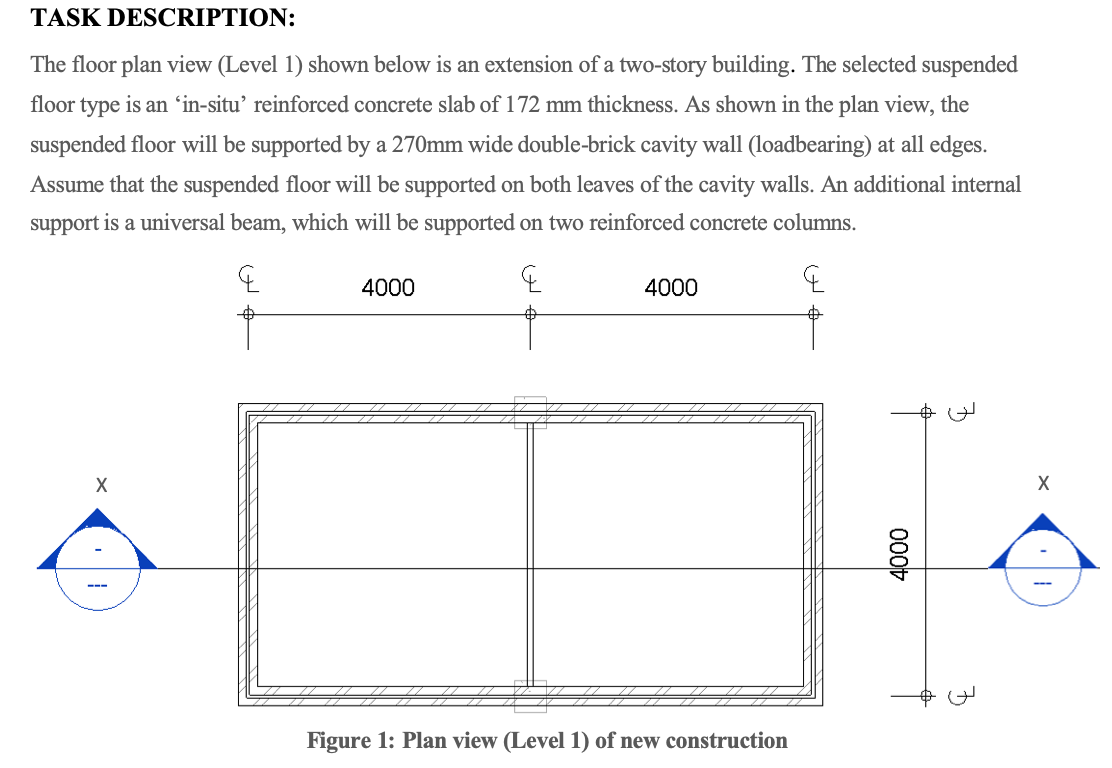



Provide A Comparison On The Pros And Cons Of The Chegg Com
This chapter gives guidance on meeting the Technical Requirements for suspended ground floors including those constructed from insitu concrete precast concrete timber joists 521 Compliance 522 Provision of information 523 ContaminantsSuspended concrete floors have become popular in uk house construction Floating Vs Glue Down Wood Flooring Pros Cons from mediauscamilyosoftware Cold floors are a major problem, draining heat, energy and leaving homes freezing cold in the winter! The job takes concrete, two men and a days work (for just the concreting bit) Screed and flooring another 1 1/2 2 days Timber floor needs a DPM, lean mix, sleeper walls, 150x2 floor joists, insulation, a membrane and 18mm moisture resistant chipboard 4 men over two trades and about a week to do (including drying times and snags)




Pin On Bits For House Build Pauls Tech Board




Greenspec Housing Retrofit Ground Floor Insulation
Suspended floor insulation is the answer Installed in between the wooden beams or against the underside of a concrete floor over a crawlspace, it can reduce heat loss to almost zero and increase energy efficiency through innovative use of sustainable materials Keeps out cold air and prevents warm air escapingTimber pile bearer floor joists solid blocking at midspan when joist span > 25 m b) Suspended floor on concrete foundation wall wall plate continous solid blocking for 1800 mm when subfloor support is foundation wall 1800 mm floor joists concrete foundation wall a) Suspended floor on piled foundationSuspended timber floor As a requirement of the Building Regulations the structure should be protected against the growth of weeds and other plantlife The ground should have a layer of concrete poured across and there should be a ventilated gap of at least 150mm between the underside of the timbers and the concrete, to prevent moisture gathering and affecting the




What Is A Suspended Timber Floor Discount Flooring Depot Blog
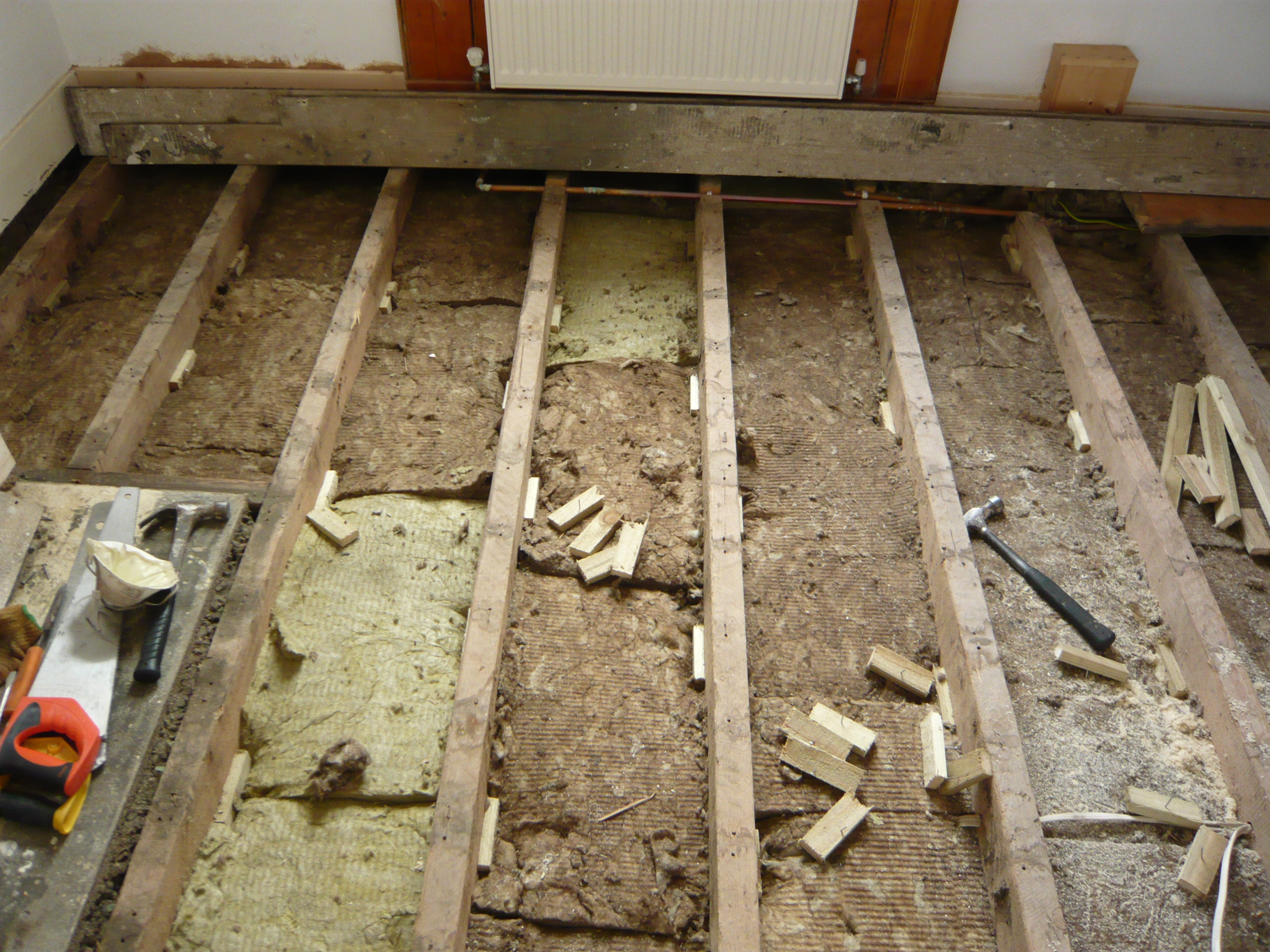



Ground Floor Insulation Can Reduce Floor Heat Loss By Up To 92 Per Cent Ucl News Ucl University College London
We put in a timber floor that had the engineered trusses made for us by a Carlow Co Approx 00sq feet and cost was €4k or so It is completely squeak free compared to what a 'carpenter would have put in' (this is hearsay BTW, suppose it Suspended timber floor insulation will help you keep the desired temperature in your house all year round, saving it against cold in winter season and excess heat in summer season A wellinsulated house is very energy efficient and it will require very little additional heating and cooling according to requirementTo get the timber suspended floor to act as a screeded floor and to give out more heat, the air gap between the insulation and the floor boards should be filled with a lightweight screed mix The infill is normally 101 sand/cement mix at a height of 25 mm




Should You Replace Your Old Timber Floor With A Concrete Floor Dampchat



Suspended Timber Floor Construction Studies Q1
Hi, I am shortly doing a large extension on a house that has a timber suspended floor that is currently ventilated with air bricks Because of existing foundation levels, and wanting to keep the FFL at the same height we are having to go for a solid ground floor slab construction for the new side and rear extension Some wood flooring options don't perform as well on concrete slabs, and likewise for some hard flooring options on wood framed floors In general, however, most flooring choices will work on either type of subfloor and shouldn't be a major determinant in which system you choose Suspended floors vs solid floors There are two basic ways to make the floors of a building You can either have a concrete base or a suspended floor, usually made out of timber There are various pros and cons to these types of floor, some of which impact on the energy efficiency of the building and how you go about insulating them




Detail Post Floor Details First In Architecture
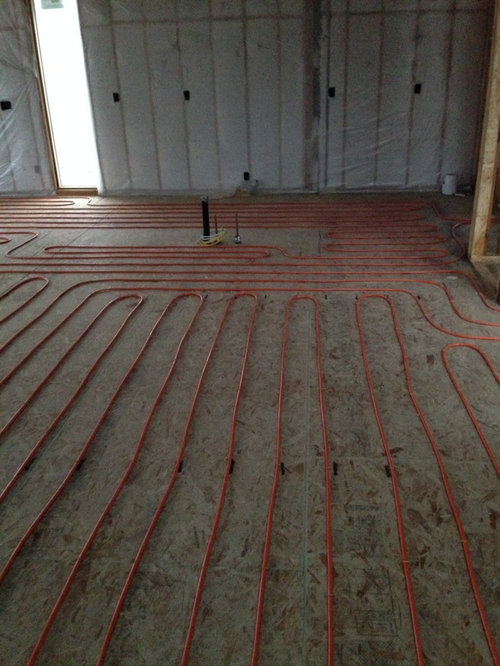



Concrete Over A Plywood Subfloor With 16 On Center Floor Joists
Most self builders now fit underfloor heating into their homes Just how well this works depends, to a great extent, on the floor construction Concrete floors are 'high mass' and will act like a giant storage heater, staying warm for many hours without any heat Concrete v wood flooring costs I bought a bungalow that had been empty for several years that needed complete renovation for me to live in But costs and problems are escalating and I need some advice Basically I need to make cut backs Originally we had builders estimates of £70K which now is £0KSuspended timber floor vs concrete floor It will depend on the age of the extension whether it is (of should be) insulated floor insulation is a relatively new thing A suspended timber floor as suggested by @PigletJohn may not work well due to ventilation and DPC requirements;
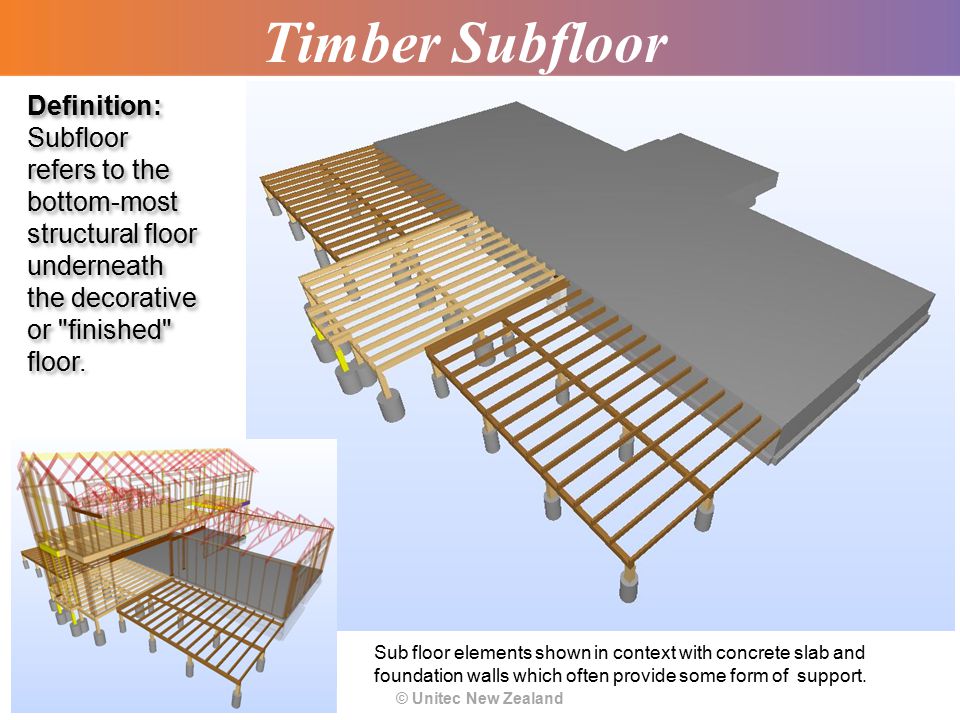



Topic 7 Timber Subfloor Systems Basic Ppt Video Online Download




6 Ground Floors Construction Studies
On average, timber floor installation costs $2750/m2 Concrete floor coating cost by materialSuspended concrete floor The construction of suspended concrete floors is similar to that of timber but can span greater distances, and offerings better sound insulation properties A simple reinforced concrete flat slab is not usually economical as a suspended floor spanning over 5 mBasement floors – susceptible to losing heat through a concrete floor, requiring robust insulation to improve thermal performance Using ROCKWOOL stone wool to insulate floors between, or over, timber or metal joists, or onto a concrete slab or




How To Replace A Suspended Floor With Concrete The Self Sufficiency Diy Info Zone



1
The Speedfloor Suspended Concrete Flooring is a unique, composite floor of steel and concrete that makes light work of pouring anything from single level, to multistoried structures There is no propping required Simply assemble the joists, add structural supports and you are ready to pour Load vs Span Calculator Flooring is one of the most important choices that you will make when you are building or renovating your home Here we look at two of the most popular choices – concrete floors and timber floors – so that you can make a decision between them Insulating suspended timber floors Insulate suspended timber ground floors using glasswool (fibreglass), wool or polyester sheets fitted between the floor joists and securely fixed or strapped in place For very exposed subfloors, protect the insulation by fixing a sheet lining material to the underside of the joists Check that the specific




What Is A Suspended Timber Floor Discount Flooring Depot Blog
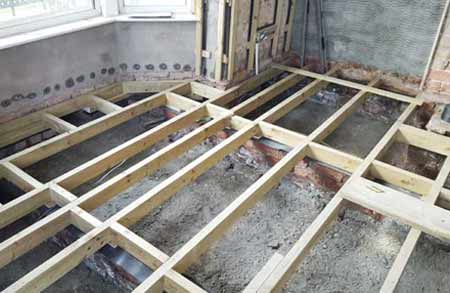



Suspended Timber Floor And How To Build A Floating Hollow Timber Floor Diy Doctor
Homes in Melbourne in the 1950's Wooden floors A suspended timber floor Wooden floors may be laid on concrete or they may be suspended above the ground Traditionally wooden floors were suspended, but today there are many timber products that are manufactured so that they can be laid onto a smooth level screeded concrete surface or even simply glued to the dry screedBlock and beam = £81/m²;




Foundation Walls Branz Renovate Indoor Courtyard Urban Rooms Renovations
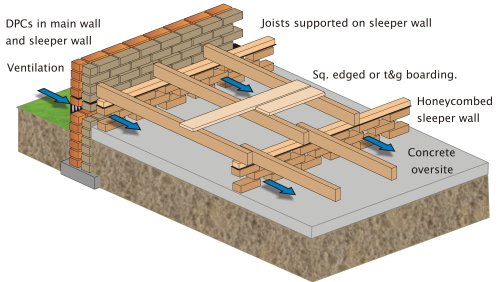



Evolution Of Building Elements
Suspended timber = £58/m²;If you've ever found yourself scratching your head when it comes to suspended floors, this article might be just the help you need The following are nine of the most common questions BRANZ's Technical Helpline receives about designing and building suspended timber floors and dealing with uplift 1What's required to laterally support ends of floor Figure 1 Floor cost versus concrete costs Hillside sites However, Figure 2 shows the ground slope at which a timber floor becomes cheaper than a concrete slab for a particular layout of house The options compared in Figure 2 are a timber floor on timber piles or a concrete slab on a bench cut into the hillside
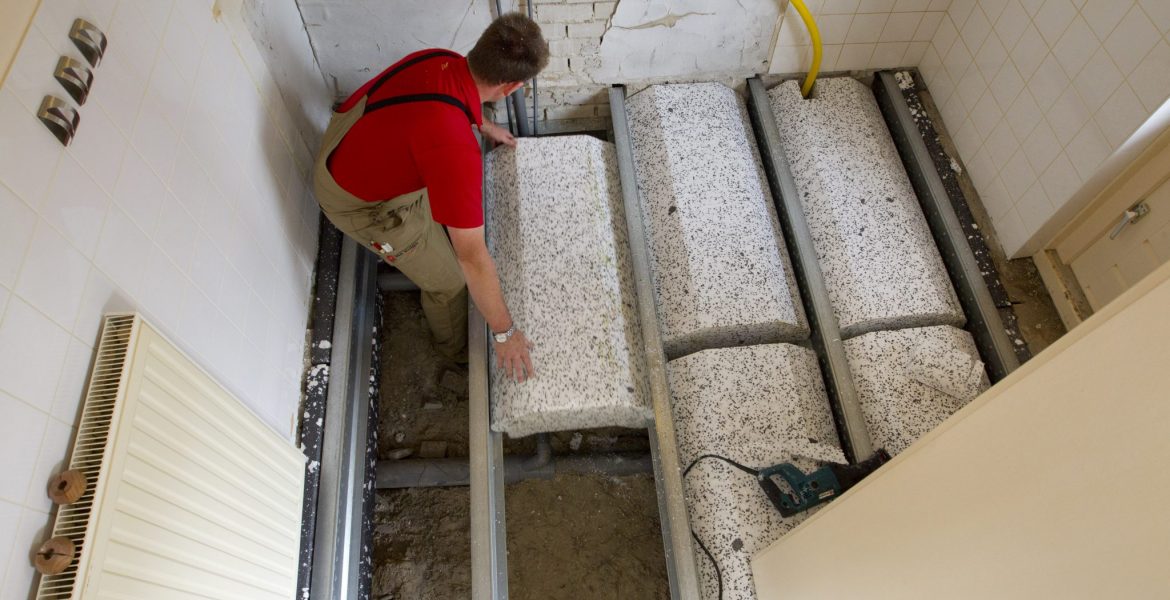



Fastslab Ground Floor Renovation System




Removing Insulating And Restoring A Suspended Wooden Floor Part 1 Of 3 Youtube
Solid floors are a lot more substantial and require the ground to be made up in layers of ground sub base, sand, compacted hard core, damp proof membrane, insulation and concrete Suspended floors are normally made up of 2 materials, either timber joists or a concrete beam system Click to see full answer Suspended timber floors, which are typically found in older houses, are normally made from timber floorboards which are then attached to joists just above the foundations of a house This creates a small gap and allows ventilation and air movement to prevent damp forming in the timber joists It's also common to have suspended concrete floorsComparing Ground Floor Structure Costs Homebuilding Renovating Suspended Timber Floor Vs Concrete Floor Cost, Steelconstruction Info We have covered the costs of everthing from doors and windows to flooring paint and roofing materials
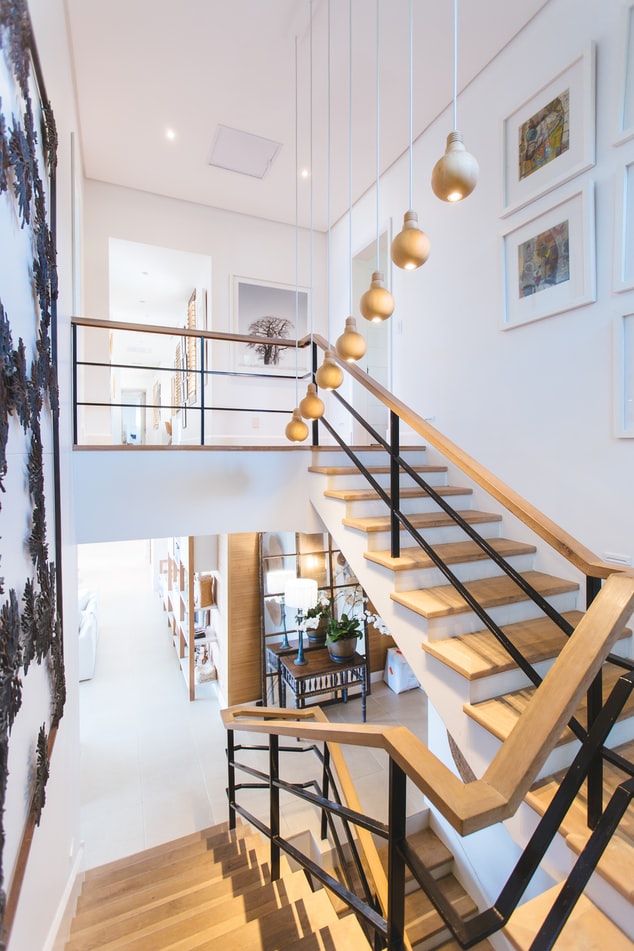



Why Replacing A Suspended Timber Floor With Concrete Is Sometimes Necessary Better Housekeeper
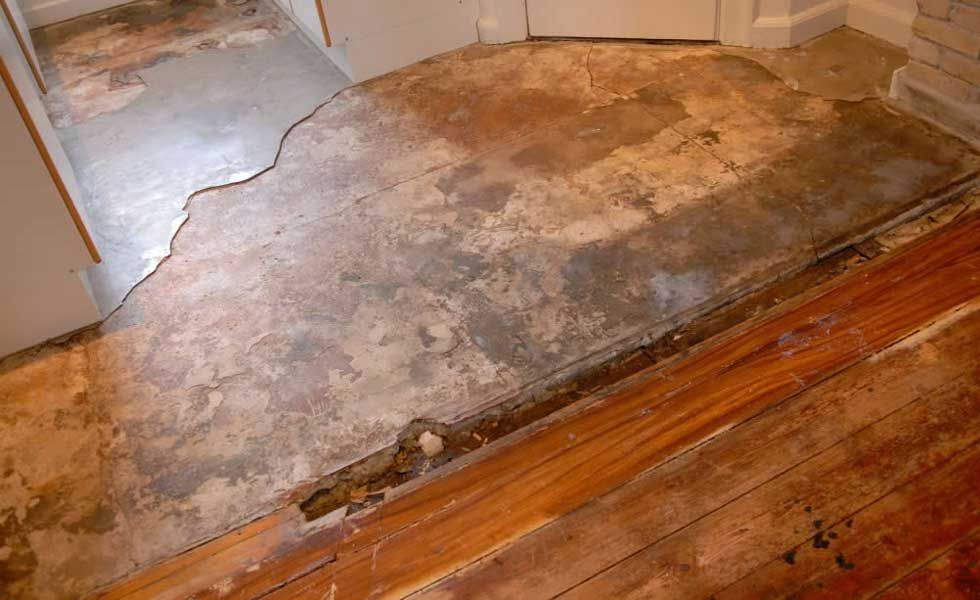



Repairing Solid Floors Homebuilding
The difference between concrete and timber is that concrete is a material used for construction whereas timber is a piece of wood Both of the materials are used for the various construction purposes such as laying the foundations of the house or for the flooring purposes etcThe simplest way of insulating suspended timber ground floors is to fit insulation boards between the joists and support battens This floor insulation method is commonly used for upgrading the thermal performance of existing timber floors as it has no impact on floor levels Suspended Timber Floor Those with a Victorian home who have dared to look below the ground floor decking will notice that, in many cases, all that's below is dirt That's not acceptable these days and the need for a solid concrete oversite is one of the main reasons for this type of flooring system falling out of favour
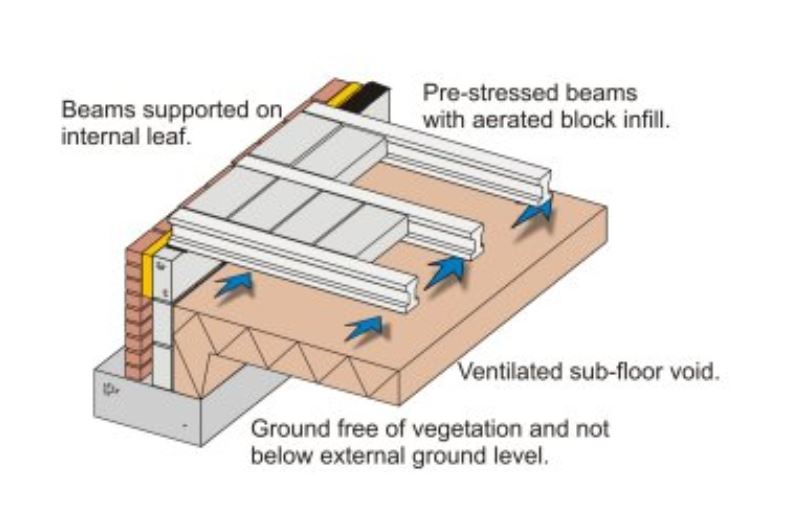



Suspended Floors All You Need To Know Thermohouse




Evolution Of Building Elements
A Best Practice Approach To Insulating Suspended Timber Floors Fintan from our Technical Team discusses the thermal loss issues associated with suspended timber floors and outlines a best practice approach to tackling them At the turn of the 18th century, when construction techniques moved from boarded floors installed directly on the groundSuspended Concrete floors offer a lot more benefits and are normally made up of either concrete beams (more commonly known as Beam and Block) or concrete planks Both of these systems require a lot of handling and experienced professionals when being fittedIf your ground floor timber floors have become infested with insect damage or dry rot you might choose to replace them with concrete floors However laying a concrete floor to replace your timber floors may not be the end of your troubles if you don't take care to treat the problem before you lay a concrete slab for your new floor



Suspended Timber Floor Construction Studies Q1




Ask The Expert Thermally Upgrading Suspended Floors Ecological Building Systems
Suspended floors can be either concrete beam and block or timber, but I can think of any advantages of using timber other than for DIY and easy to lift/move materials With a suspended floor you would have a concrete oversite (slab) over the ground beneath the floor or you could lay a ground sheet and gravel Fibrecement sheeting A thinner but still nonwood alternative is fibrecement sheeting This is similar to cement sheeting used for wall cladding, but is thicker and stronger and can be used as a loadbearing floor directly One example is BGC Durafloor, which can span 450 mm joist spacings and is 19 mm thick
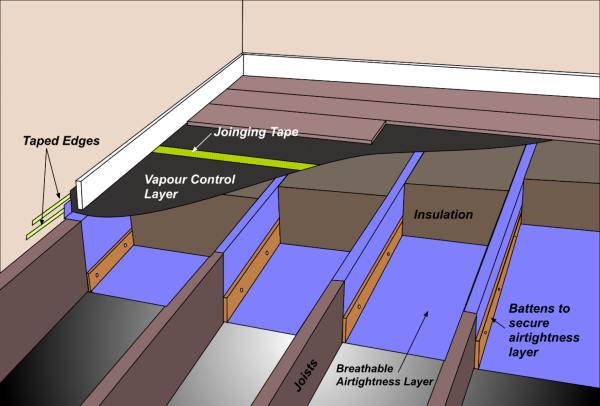



Adding Underfloor Insulation To Existing And Older Properties
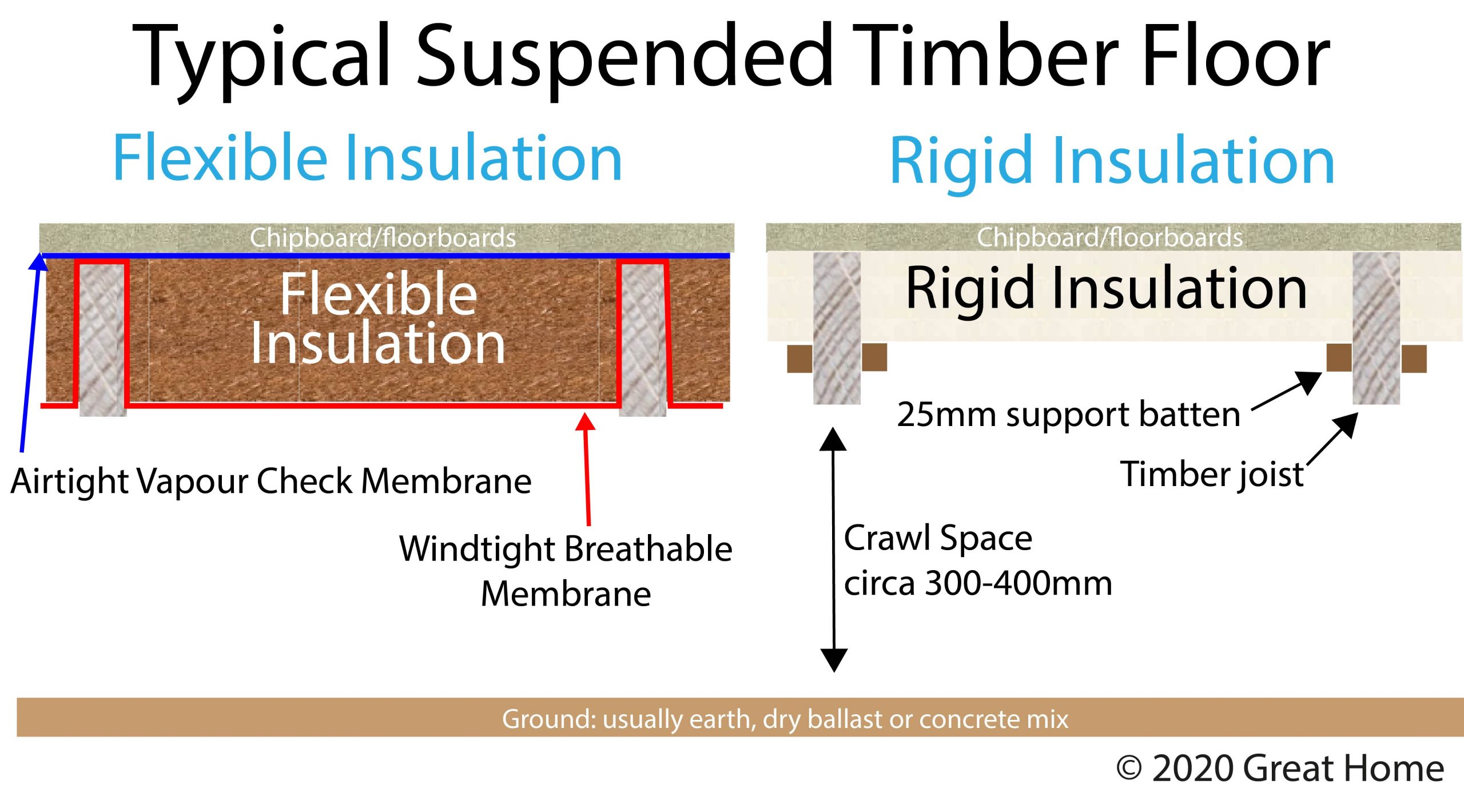



Floor Insulation Great Home
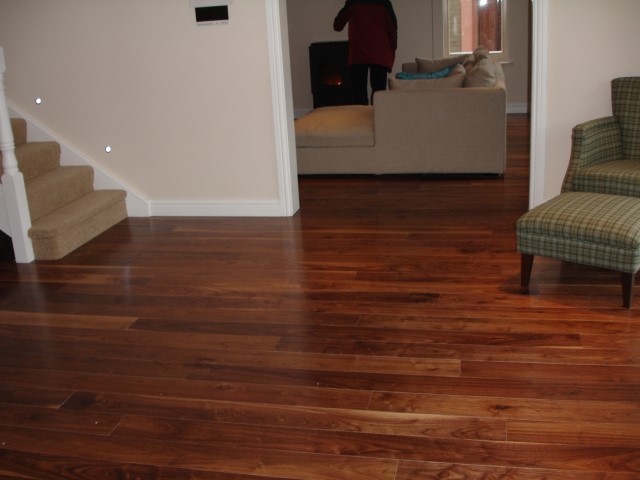



Types Of Floor Designing Buildings Wiki
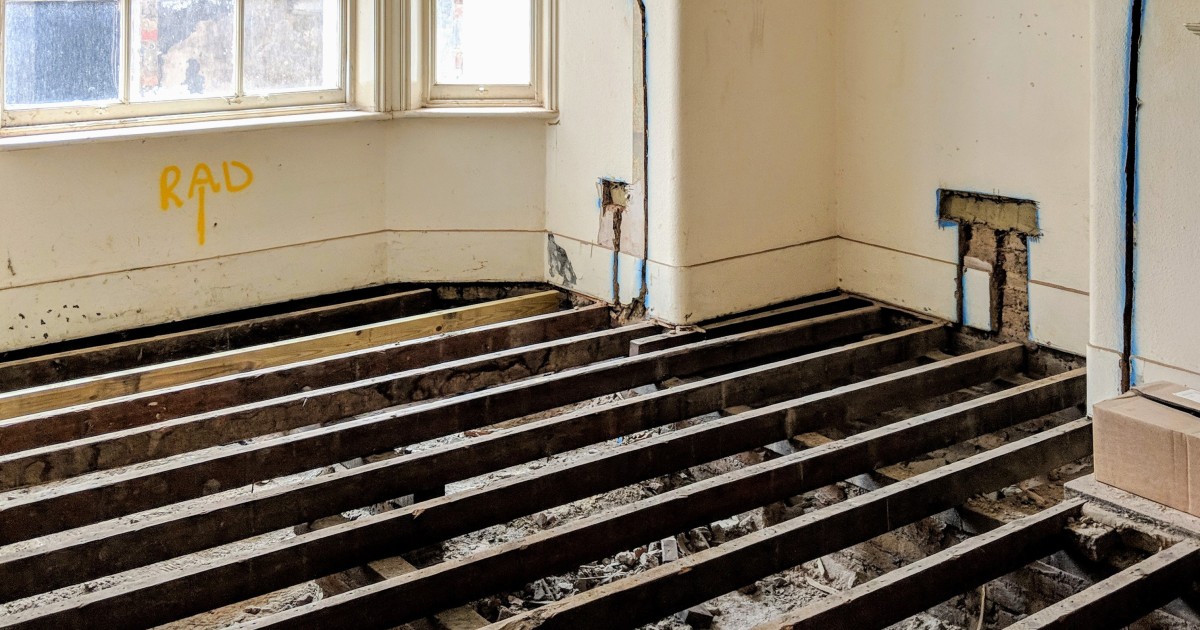



A Best Practice Approach To Insulating Suspended Timber Floors Ecological Building Systems



Building Guidelines Suspended Timber Floors




Concrete Vs Timber Floors




Suspended Floors Vs Solid Floors Thegreenage




Should You Replace Your Old Timber Floor With A Concrete Floor Dampchat




Foundations Original Details Branz Renovate
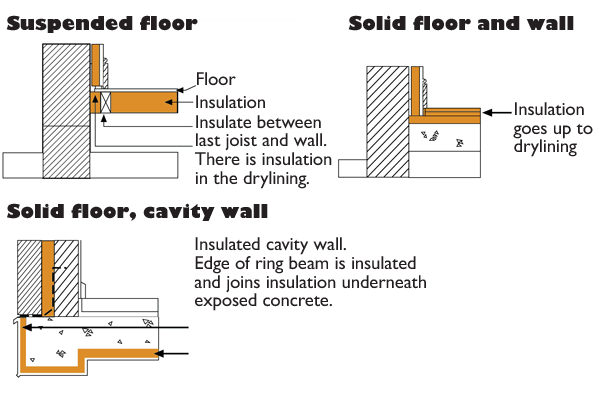



Floors Insulation
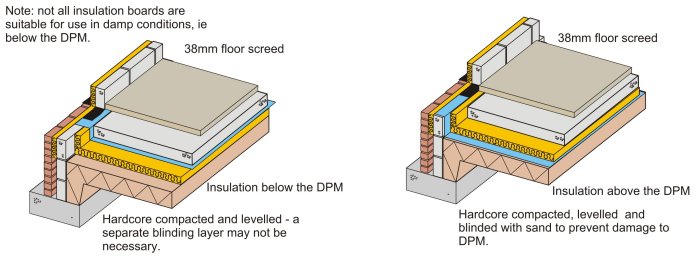



Evolution Of Building Elements



2




Concrete And Suspended Timber Ppt Download




Insulation Below Ground Floor Slab Slab Insulation Floor Insulation Flooring
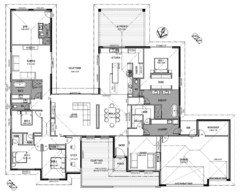



Suspended Concrete Slab Vs Slab On Ground Vs Suspended Timber Floor Houzz Au




Insulating Below Suspended Timber Floors Ballytherm Co Ukballytherm Co Uk



Suspended Timber Floor Insulation Avforums




Eurima Suspended Timber Floors
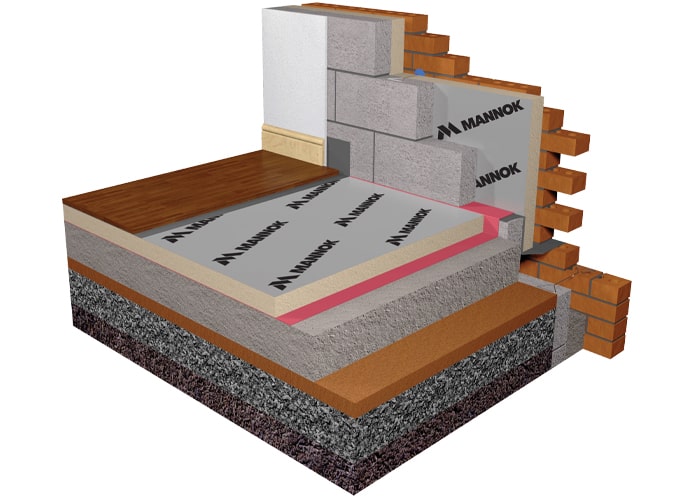



Floor Insulation Mannok




Fbe 03 Building Construction Science Lecture 3 Floor




A Best Practice Approach To Insulating Suspended Timber Floors Ecological Building Systems




Concrete Slab Or A Timber Joisted Floor Which Is Best Partridge
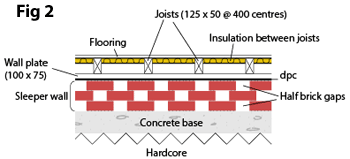



The Different Types Of Suspended Wooden Flooring Construction
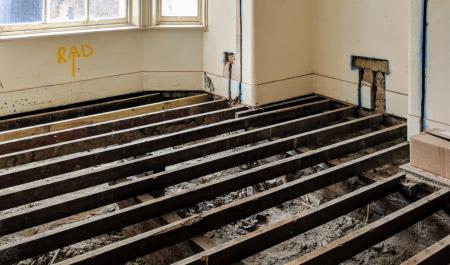



A Guide To Floor Insulation Cosy Homes Oxfordshire
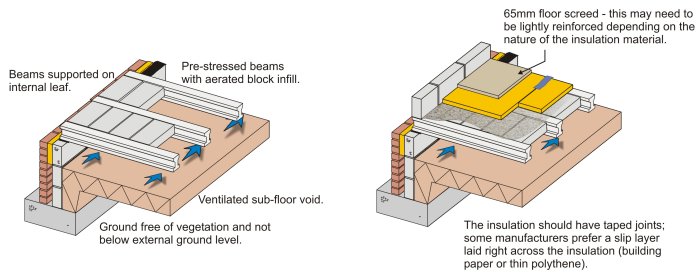



Evolution Of Building Elements



Replacing My Suspended Floor With An Insulated Floating Floor




What Is A Suspended Timber Floor Discount Flooring Depot Blog



1



2




Floor Insulation Centre For Sustainable Energy




Suspended Timber Floor Detail Youtube
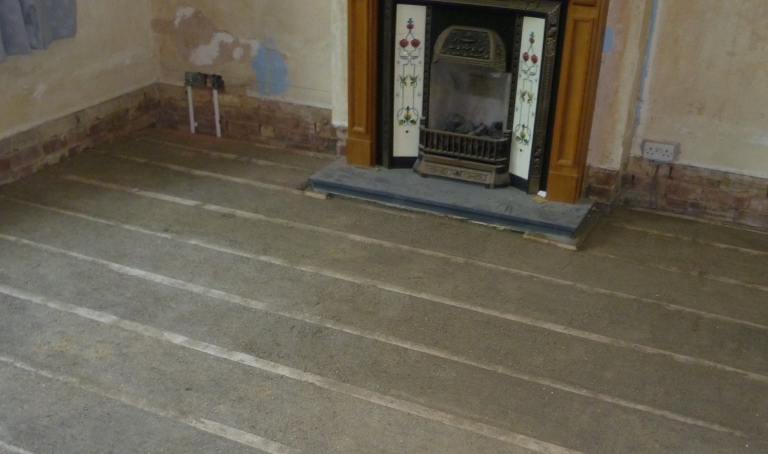



Asociated Articles Archive Thegreenage
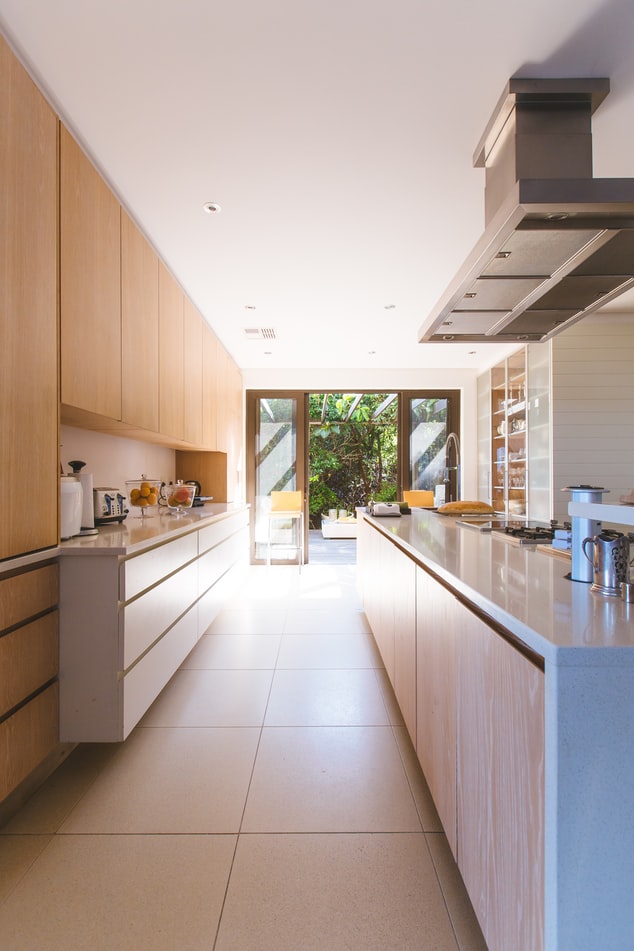



Why Replacing A Suspended Timber Floor With Concrete Is Sometimes Necessary Better Housekeeper




Fbe 03 Building Construction Science Lecture 3 Floor
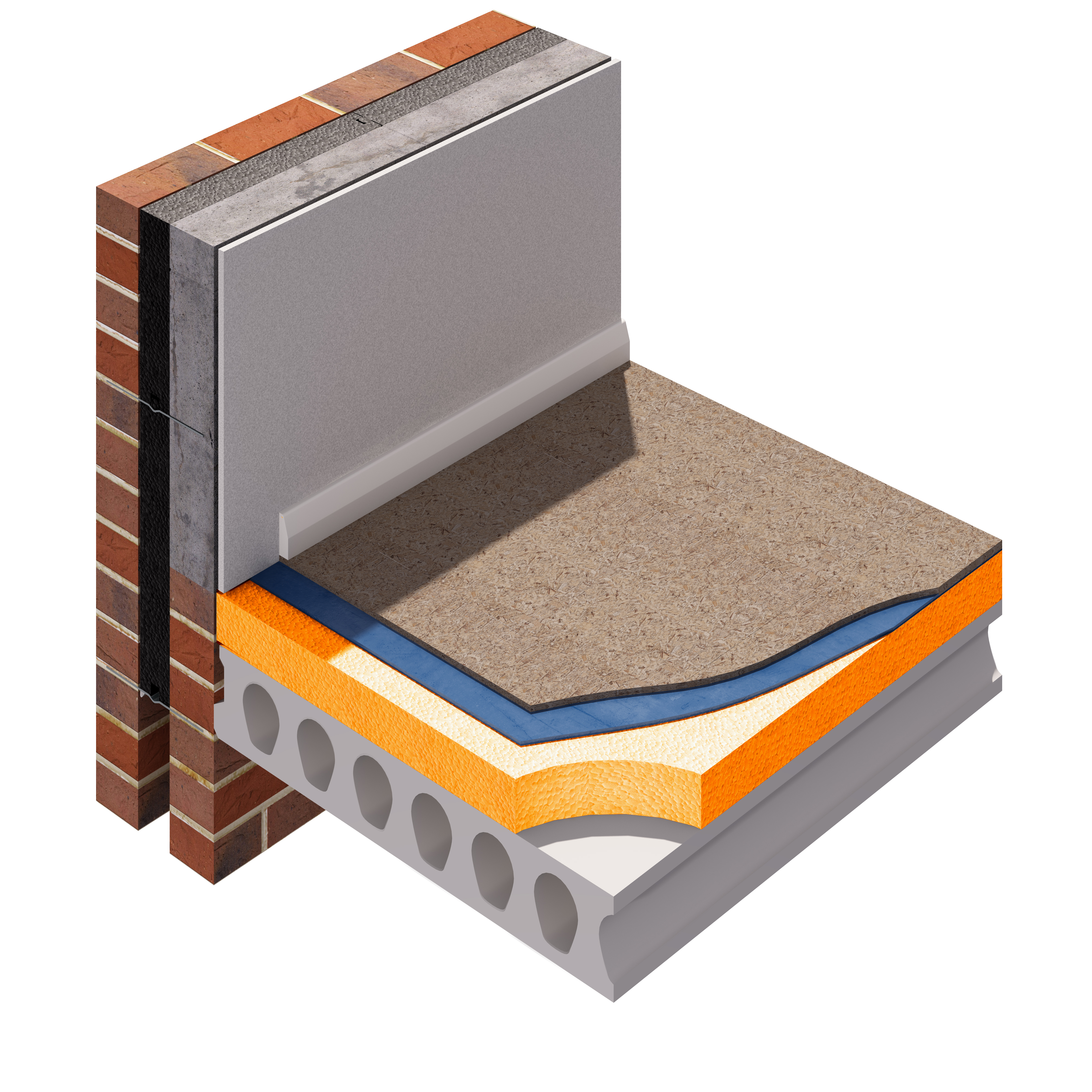



Insulation For Ground Floors Designing Buildings Wiki




Floor Insulation Mannok
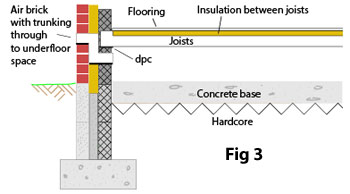



The Different Types Of Suspended Wooden Flooring Construction




Diy Floor Insulation Thegreenage




6 Ground Floors Construction Studies
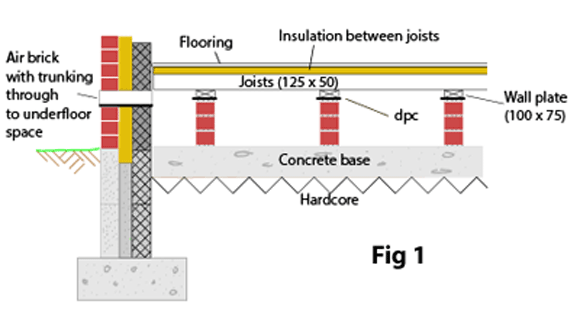



The Different Types Of Suspended Wooden Flooring Construction




Suspended Timber Floor Other Than Ground Floor Insulated Between Timber Joists Quinn Building Products Timber Flooring Flooring Roof Construction




What Can I Do About A House With Internal Concrete Floor With No Dpm Home Improvement Stack Exchange




How To Repair A Rotten Floor Mac Carpentry
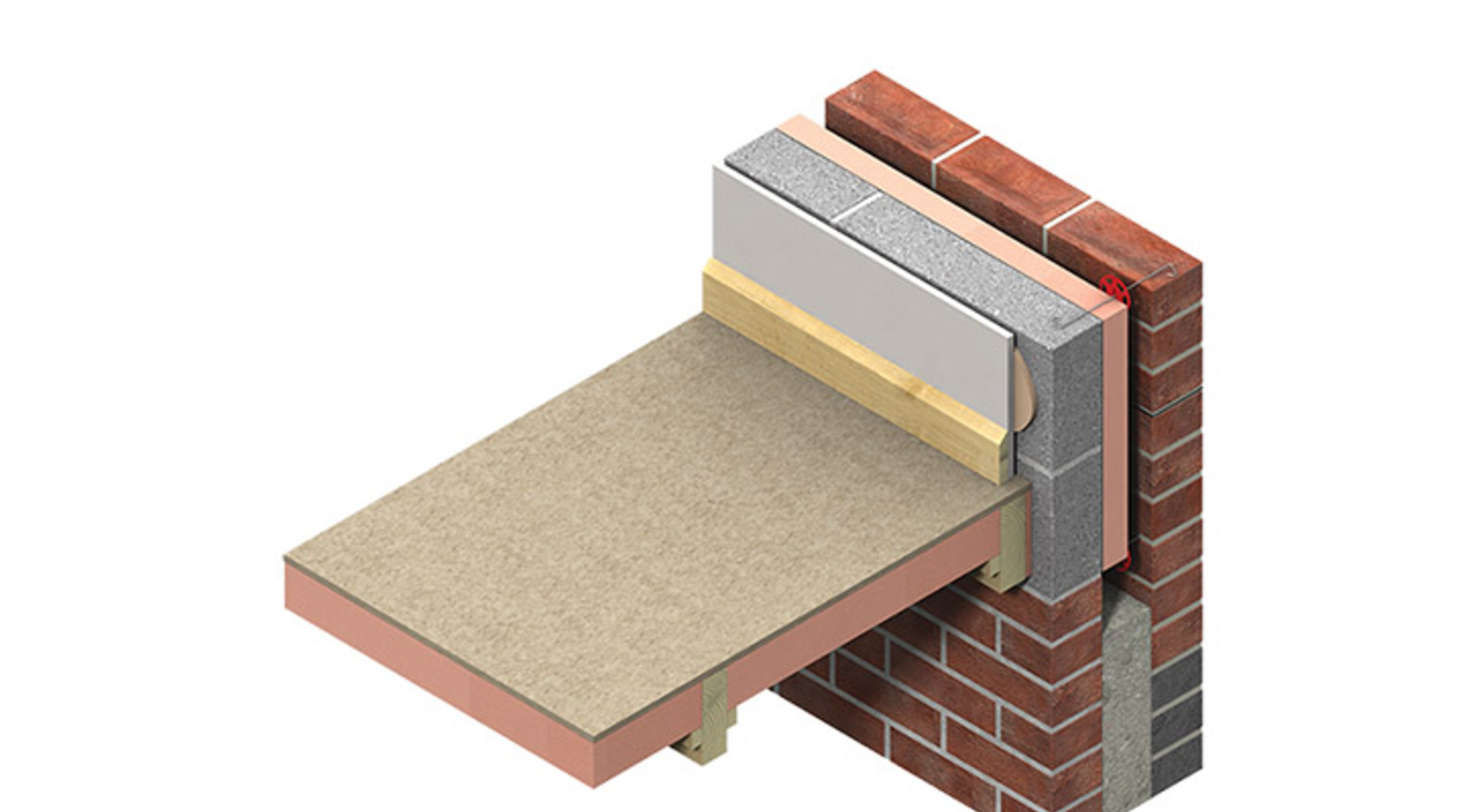



Articles And Advice Insulation Kingspan Great Britain




How To Replace A Timber Floor With Concrete Sully Road
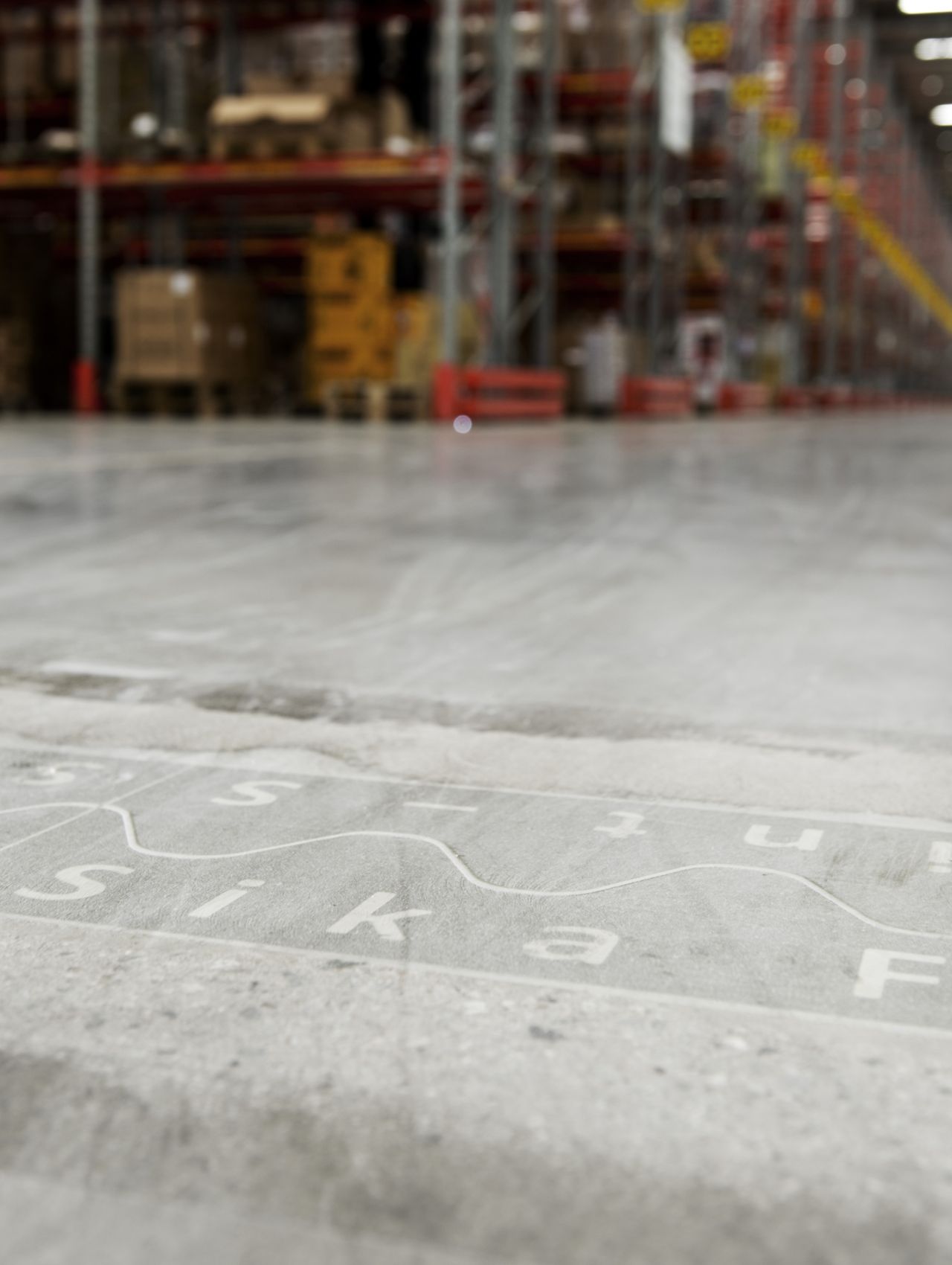



How To Design An Ideal Floor For Warehouse And Logistics Facilities
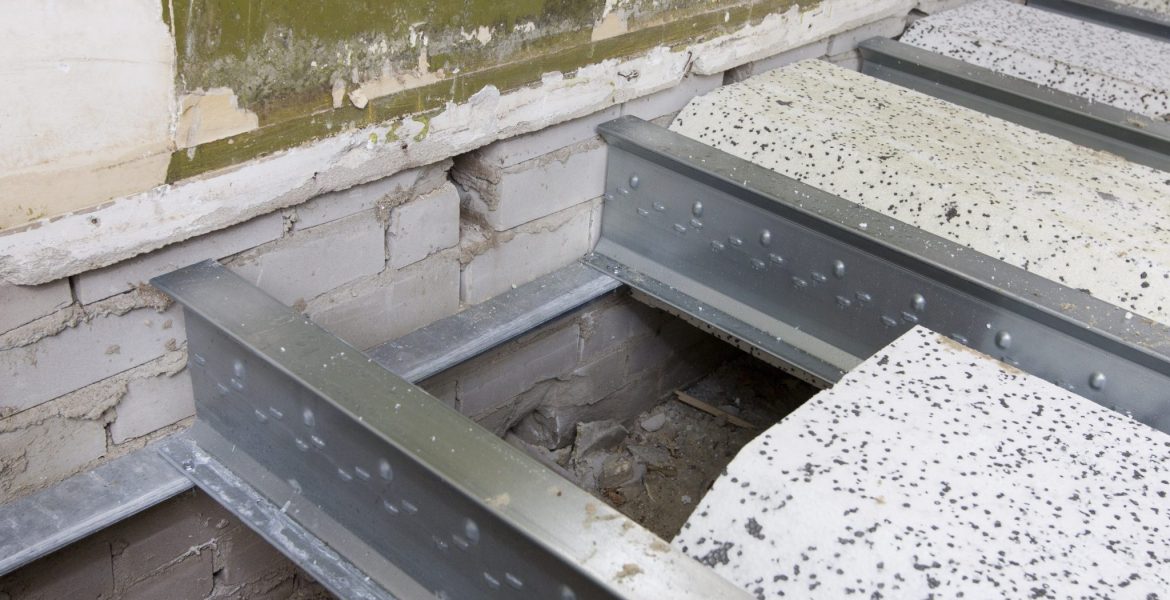



Fastslab Ground Floor Renovation System
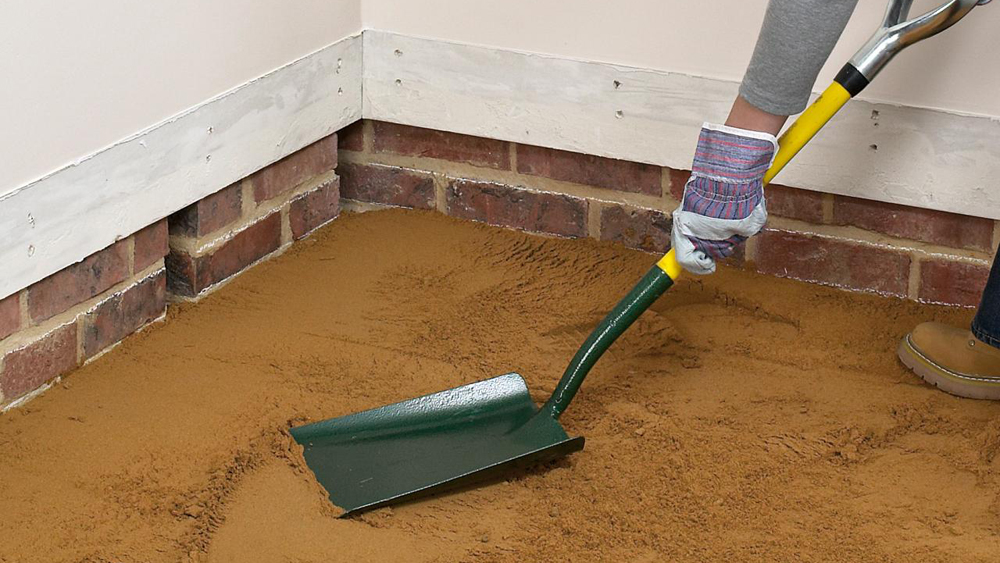



Concrete Floors And Replacing A Timber Floor With Concrete After Dry Rot Diy Doctor
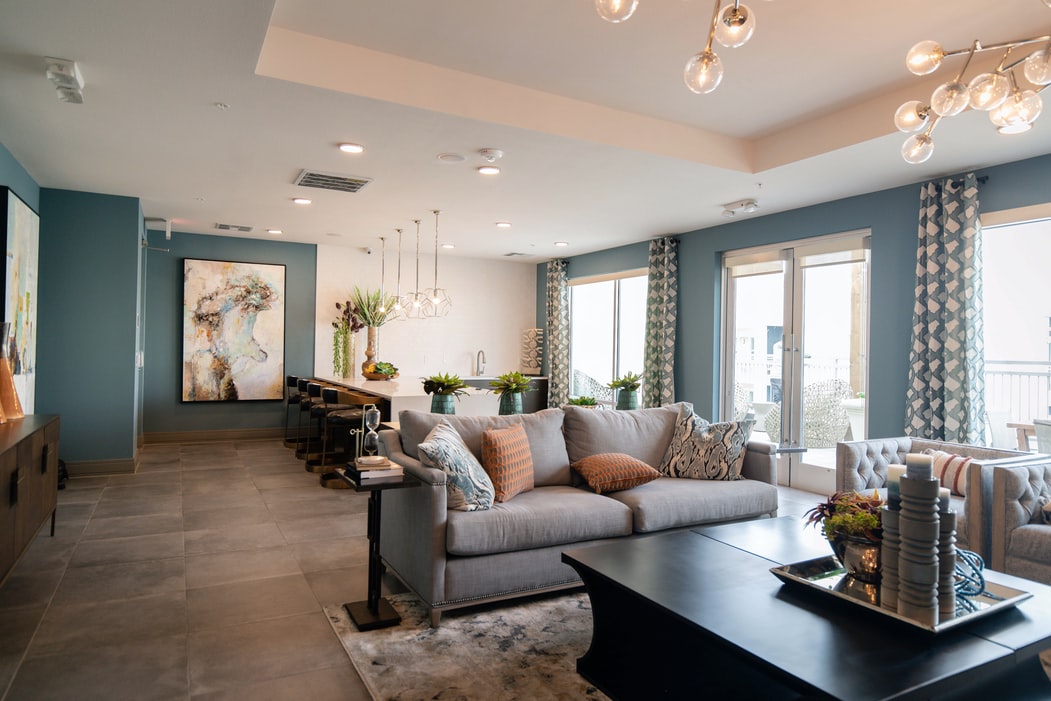



Why Replacing A Suspended Timber Floor With Concrete Is Sometimes Necessary Better Housekeeper




Detail Post Floor Details First In Architecture
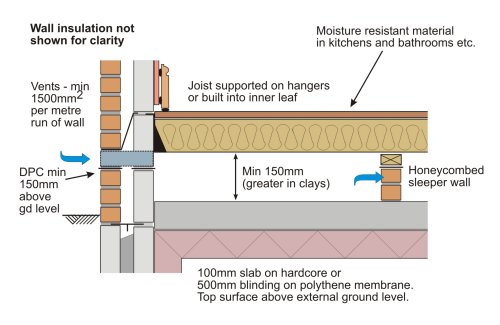



Evolution Of Building Elements
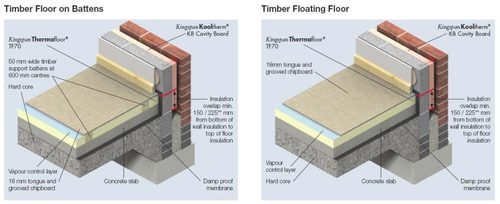



Technical Hub Insulation Boards Kingspan Ireland




Detail Post Floor Details First In Architecture
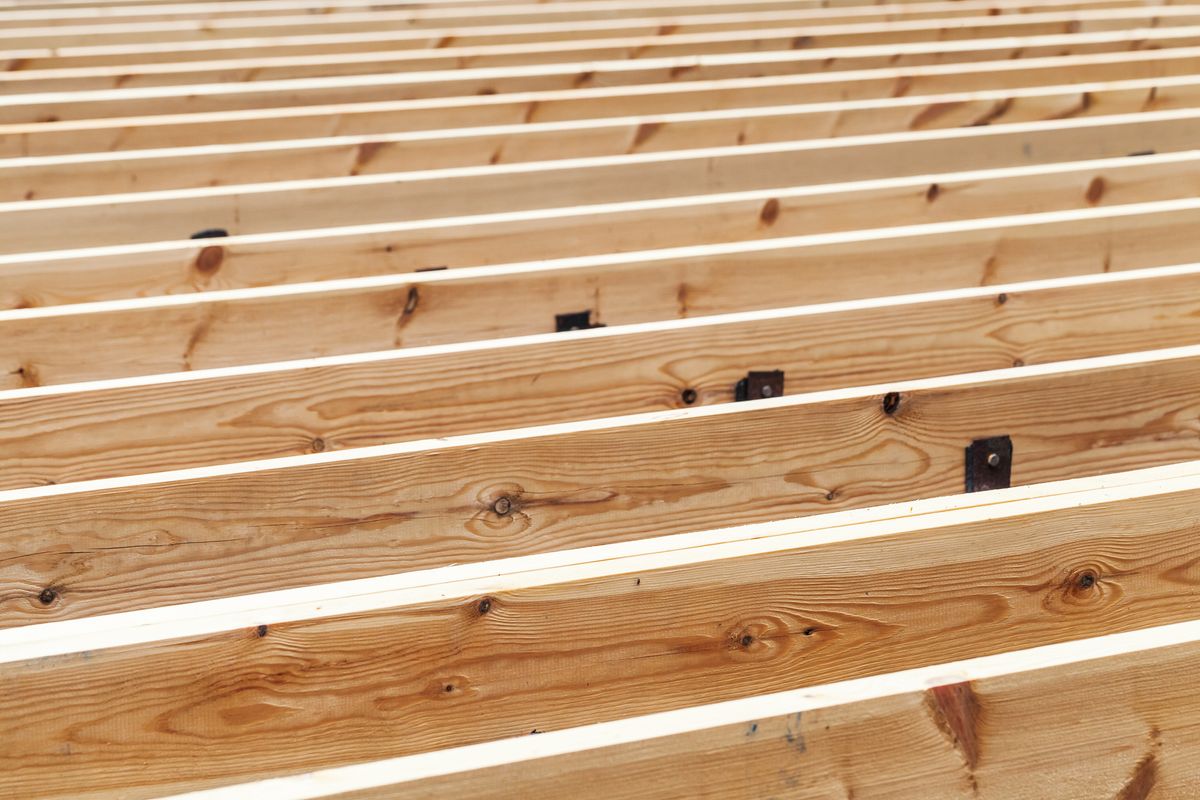



Comparing Ground Floor Structure Costs Homebuilding
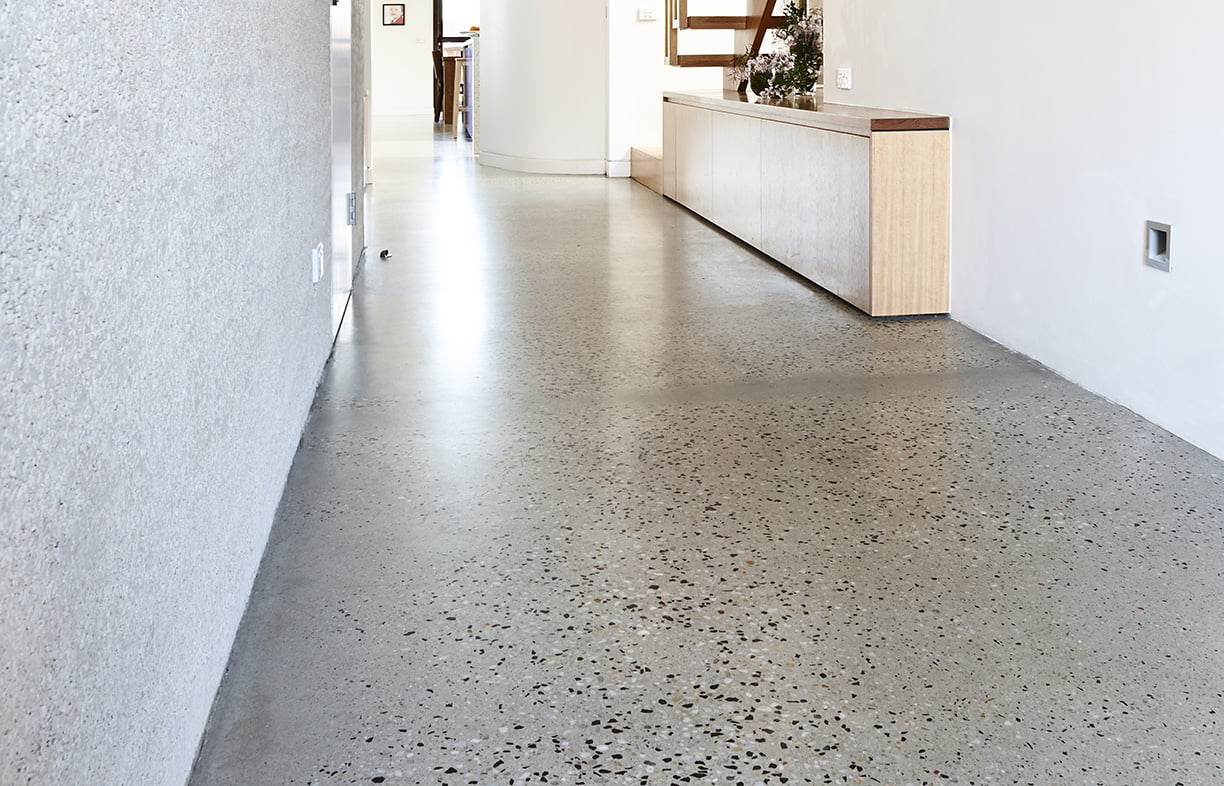



When Is A Concrete Floor The Right Choice Renew




Building An Extension 3 Suspended Beam Block Floor Youtube
/GettyImages-892047030-5af5f46fc064710036eebd22.jpg)



Types Of Subfloor Materials In Construction Projects
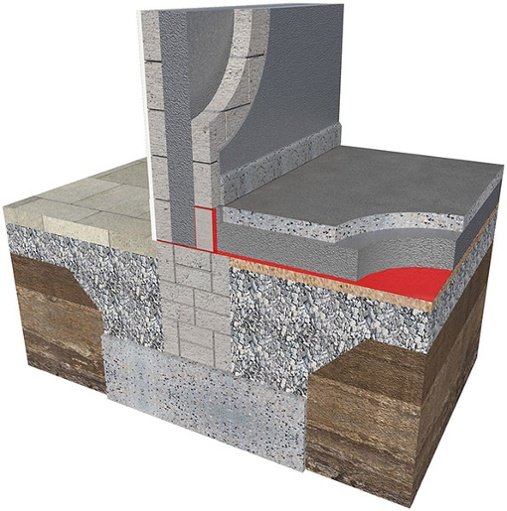



Kore Insulation Auf Twitter Kore Floor Is A High Performance Floor Insulation System For Use Below A Concrete Floor Slab Below A Cement Based Screed On A Concrete Slab With A Hardcore




Eurima Suspended Concrete Floors
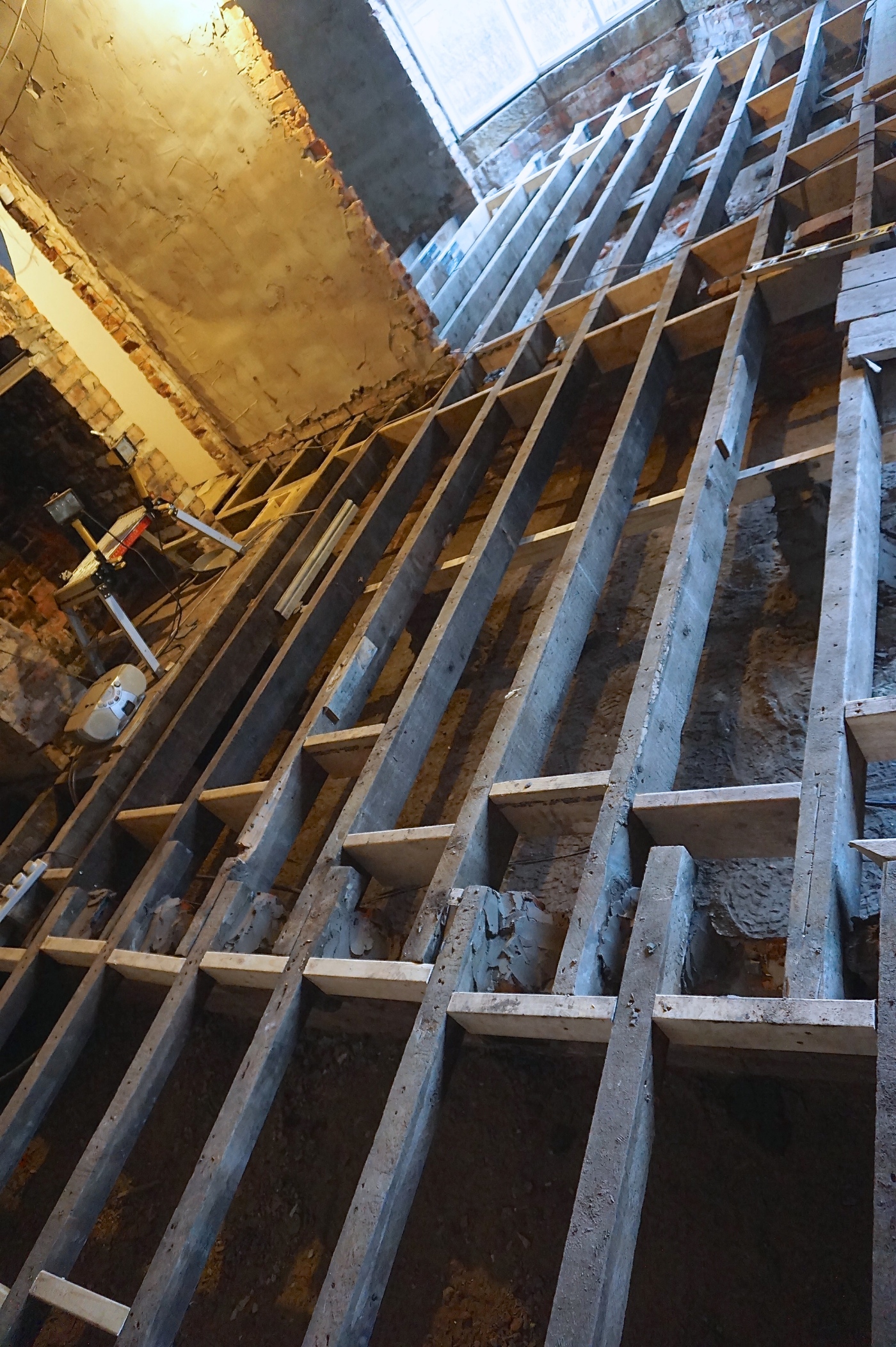



71 Top Tips When Fixing A Suspended Timber Floor Make It Moregeous
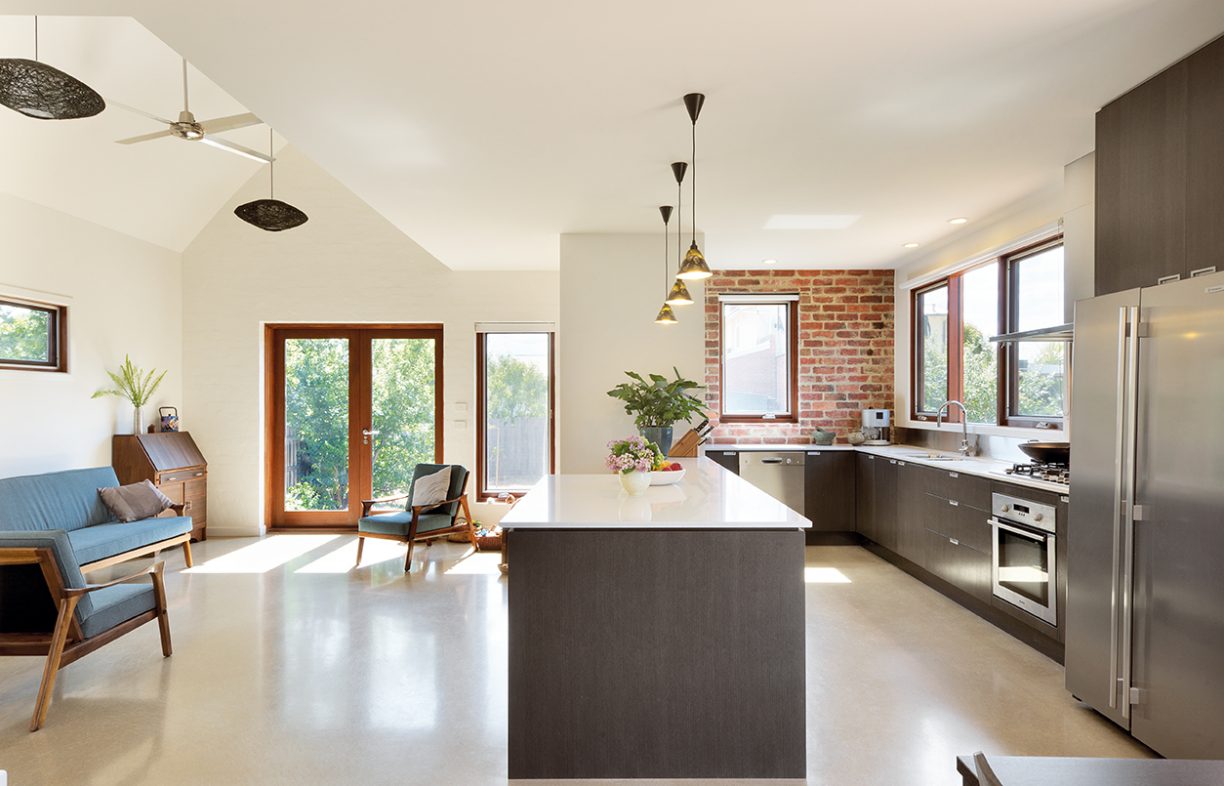



When Is A Concrete Floor The Right Choice Renew




Floor Structure Guide



1



Farm Structures Ch5 Elements Of Construction Floors Roofs
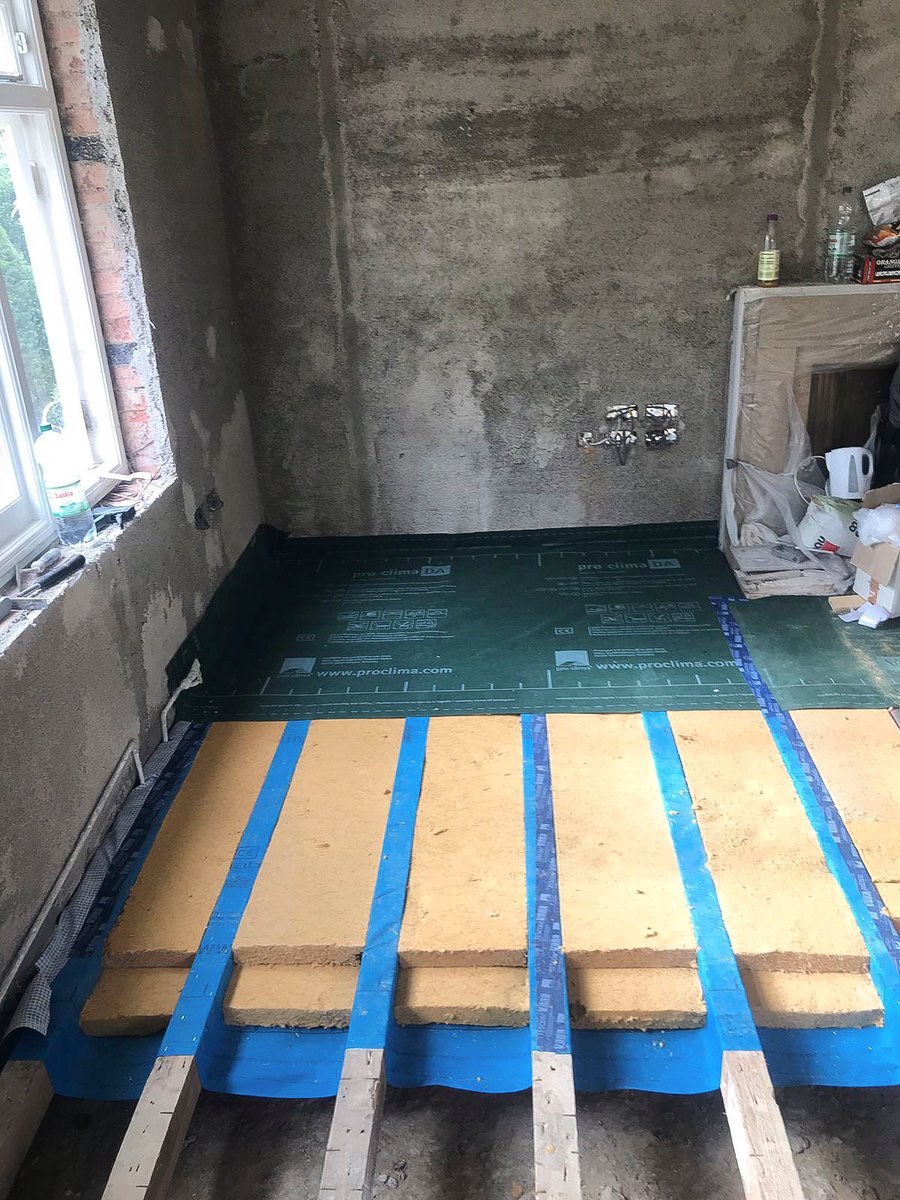



Ecological Building Systems Perfect Example From Ecorenovationuk Of How To Insulate A Suspended Timber Floor Following The Method Described In Our Blog Post To The Letter Read The Blog Here




Suspended Floors All You Need To Know Thermohouse




6 Ground Floors Construction Studies




Suspended Timber Ground Floor Insulated Between Timber Joists Quinn Building Products Timber Flooring Timber Floor Insulation




Diagram Of Suspended Timber Floor With Underfloor Heating Pipes Underfloor Heating Floor Heating Systems Hydronic Radiant Floor Heating




How To Replace A Timber Floor With Concrete Sully Road



Replacing Suspended Timber Floor
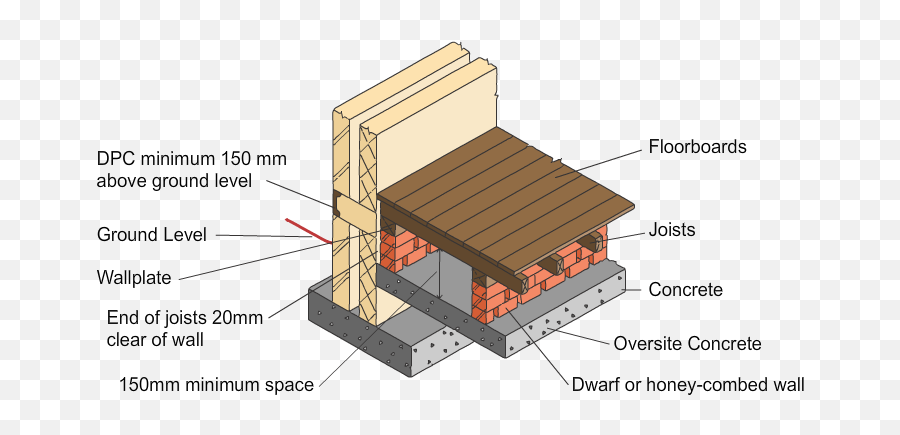



Suspended Timber Floor Suspended Timber Ground Floor Png Timber Png Free Transparent Png Images Pngaaa Com




Floor Insulation Centre For Sustainable Energy




Concrete Vs Timber Floors



Q Tbn And9gcsoo00pmp Jo39lntwqiman Kyqnkiizr2egma 29un93tjzu39 Usqp Cau




What Is A Suspended Timber Floor Discount Flooring Depot Blog




Suspended Ground Floor Insulation Airtightness For A Typical W Yorkshire Terraced House Youtube
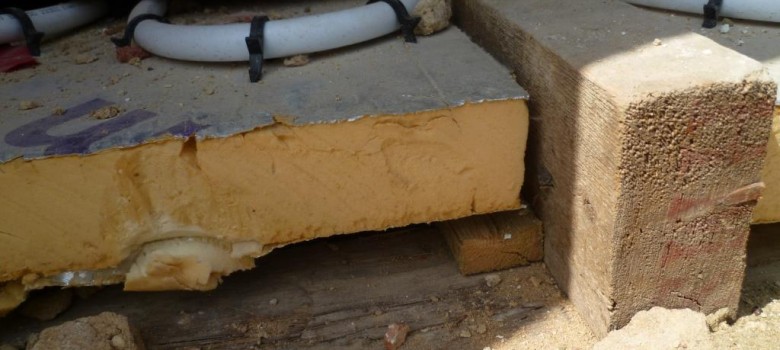



Installing Underfloor Heating With Suspended Timber Floors Thegreenage


